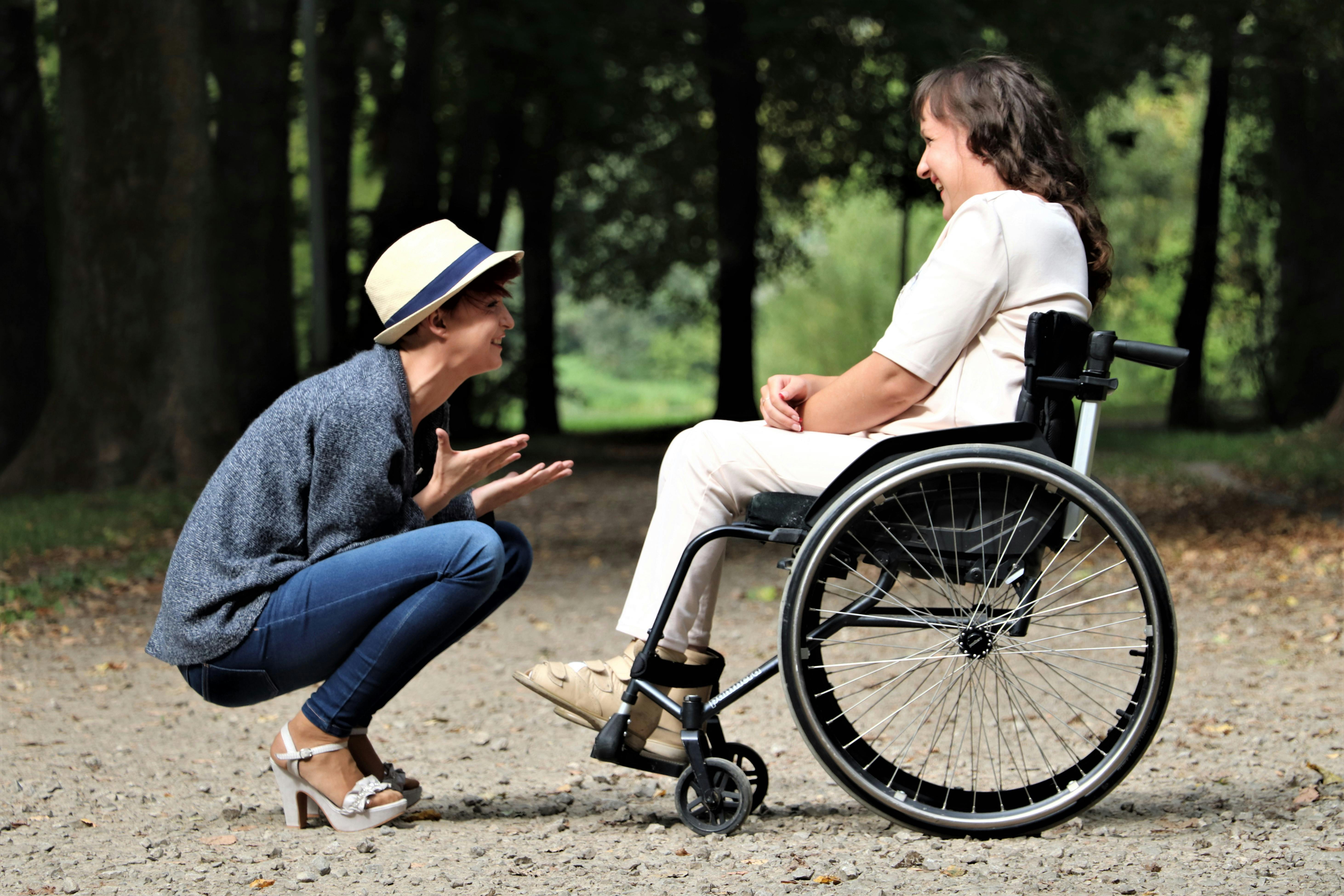The sun constantly bombards us with UV light radiation that damages our skin. It is important to protect, protect, protect with a good sunscreen so that our skin looks good! Otherwise, with that sun damage, you increase your risk of skin cancer! With so many sunscreens available, it can be a real challenge knowing which products to choose and how to use them correctly. Here are some tips:
1) A sunscreen must have at least SPF 30. Higher SPF numbers only protect slightly more as long as it is applied correctly. Make sure to apply at least 15 minutes before exposure so that it is fully working when out in the sun.
two) A sunscreen should be broad spectrum (capable of protecting against UVA and UVB rays).). To ensure broad spectrum coverage, one must ensure that the sunscreen contains at least ONE of the following: Avobenzone, Mexoryl, Zinc Oxide, or Titanium Dioxide. Don’t buy it if it doesn’t contain it!
3) Zinc oxide is not as pasty as it used to be! For those who have sensitive skin, stick with a sunscreen that contains only zinc or titanium. Many manufacturers have made physical blocking sunscreens, such as those containing zinc oxide, much more attractive from a cosmetic point of view. These tend to protect longer and also less irritating.
4) Apply generously! Apply about one ounce (shot glass size) to cover entire body. Don’t skimp or you could burn yourself.
5) Reapply every 2 to 3 hours.. Because sunscreen breaks down slowly in sunlight, you need to reapply it often, even if you’re not sweating or swimming.
6) Wear a hat, protective clothing, and find a shady spot. Sunscreens should be combined with protective hats and other clothing and an attempt should be made to avoid the peak hours of ultraviolet radiation between 10 a.m. M. And 3 p.m. M.
7) Don’t look for the sun just to get your daily vitamin D. Lately, there has also been controversy about the health benefits of vitamin D and whether sunscreens prevent us from getting the vitamin D we need. It is best to discuss this problem with your doctor, who may recommend that your vitamin D levels be checked if they feel that you may be at risk for vitamin D deficiency (little daily exposure to UV light). Consider taking vitamin D supplements by mouth if strict sunscreen practices are consistently used. Ask your doctor if you have additional questions.




